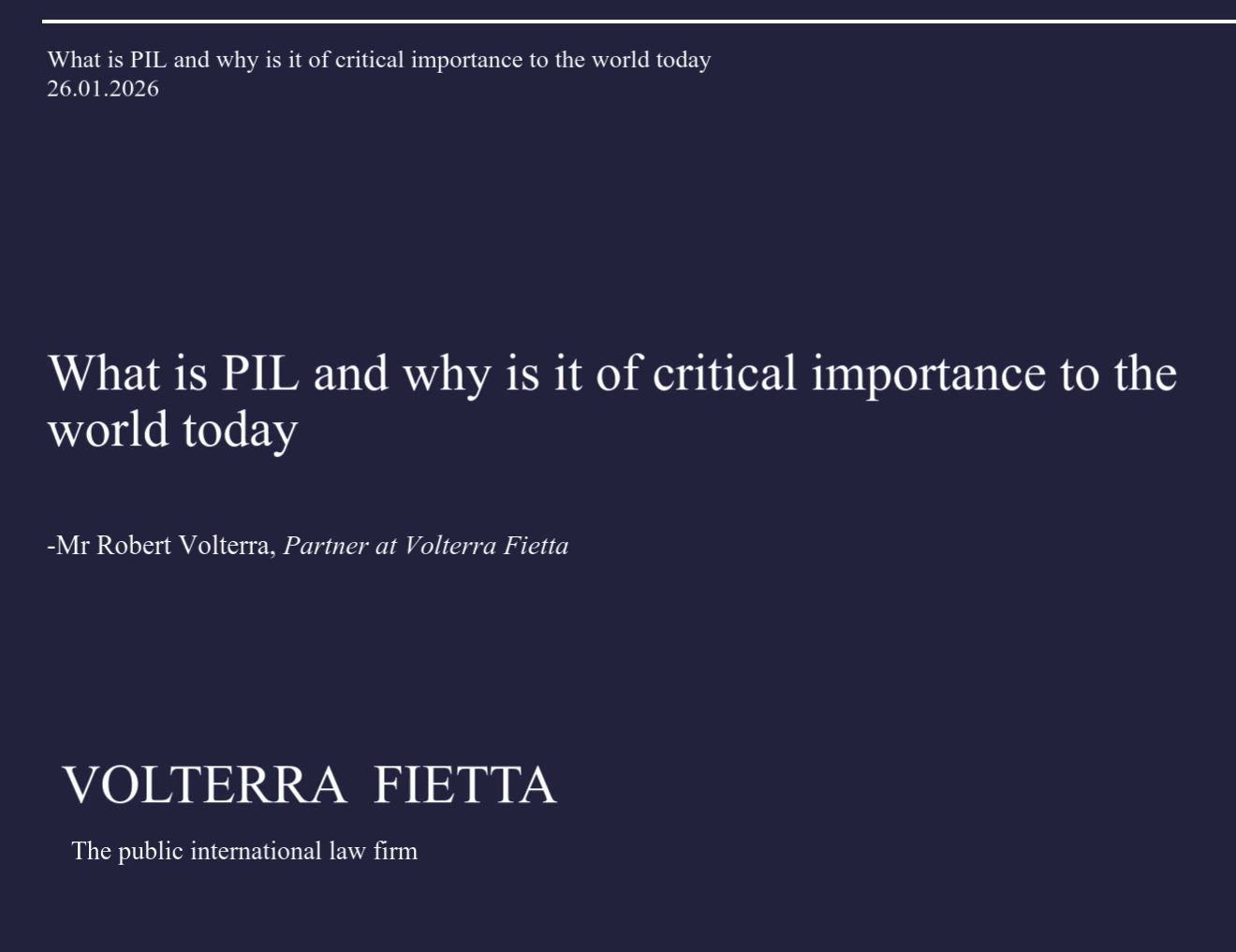In its recent Decision No. 246/2022 (the “Greek Case”), the Hellenic Supreme Administrative Court applied the Court of Justice of the European Union(CJEU) reasoning from two cases (Achmea (C-284/16) and Poland v PL Holdings (Case C-109/20)) in a way that frustrated a contractual agreement to arbitrate an investment dispute involving a concession to operate Athens International Airport. This radical outcome has the potential to rock the foundations of the European business world, including for foreign investors investing in the EU by way of private contracts with EU States. It makes a reality of something about which Volterra Fietta partners Robert Volterra and Gunjan Sharma warned publicly in 2021: businesses cannot rely on contractual agreements to arbitrate their disputes with EU Member States in the EU and must, instead, seek to hold those arbitrations outside the EU and also rely on investment protection treaties.
Writing in the Financial Times’s The Banker magazine in December 2021, Volterra Fietta partners Robert Volterra and Gunjan Sharma explained that the reasoning of the CJEU in Achmea BV v Slovak Republic did not just potentially invalidate treaty-based arbitration in Europe. They also noted that it put at risk contractual arbitration agreements between private parties and EU Member States (and those States’ subsidiary constituent bodies, organs and instrumentalities and agencies).
In Achmea, the CJEU ruled that treaty-based agreements to arbitrate an investment dispute violated exclusive judicial competence over European law under articles 267 and 344 Treaty on the Functioning of the European Union (TFEU). As Mr Volterra and Mr Sharma explained, there was no logical basis for claiming that the same reasoning would not be equally applicable to contract-based agreements to arbitrate investment and other administrative disputes.
Mr Volterra’s and Mr Sharma’s warning has now come to pass. The ruling of the Hellenic Supreme Administrative Court in the Greek Case confirms that private investors should continue to be wary of arbitrating any investment disputes with European States in any European seat.
Even commentators who supported the Achmea decision have expressed frustration at the reasoning in Greek Case – although, in truth, the judgment merely extends the ratio decidendi of the CJEU’s Achmea and PL Holdings judgments in a logical way.
Nevertheless, for general counsel and businesspeople, the consequence of the Greek Court’s decision is clearer: private investors who are negotiating contractual arbitration agreements with EU Member States (and their agencies, organs and instrumentalities or constituent subdivisions) should seek to have the seat of arbitration outside the EU. When negotiating a contract, it is not sufficient to consider merely what the current state of the law is. A private entity must consider where the law may evolve. In this case, that means evaluating the public reasoning of Europe’s highest judicial authority – the CJEU – in a tactical and even-handed manner. Undoubtedly, other European courts may also adopt reasoning similar to that of the Greek Court.
Indeed, a party that sees a tactical advantage in doing so may even argue that the Achmea decision’s reasoning applies to a commercial arbitration in the EU, as long as the arbitration involves (as it likely would) an element of EU law. This represents a risk that must be considered when negotiating contracts with European parties.
Thus, if only from a risk-aversion perspective, investors agreeing to arbitration with EU parties should press for agreement to non-EU seats of arbitration, such as primarily London and New York followed by Geneva, Singapore and Hong Kong. They should also consider continued reliance on investment treaty protections to supplement contractual protections.
For further information, please contact Gunjan Sharma (Gunjan.Sharma@volterrafietta.com) or Robert G. Volterra (Robert.Volterra@volterrafietta.com).



